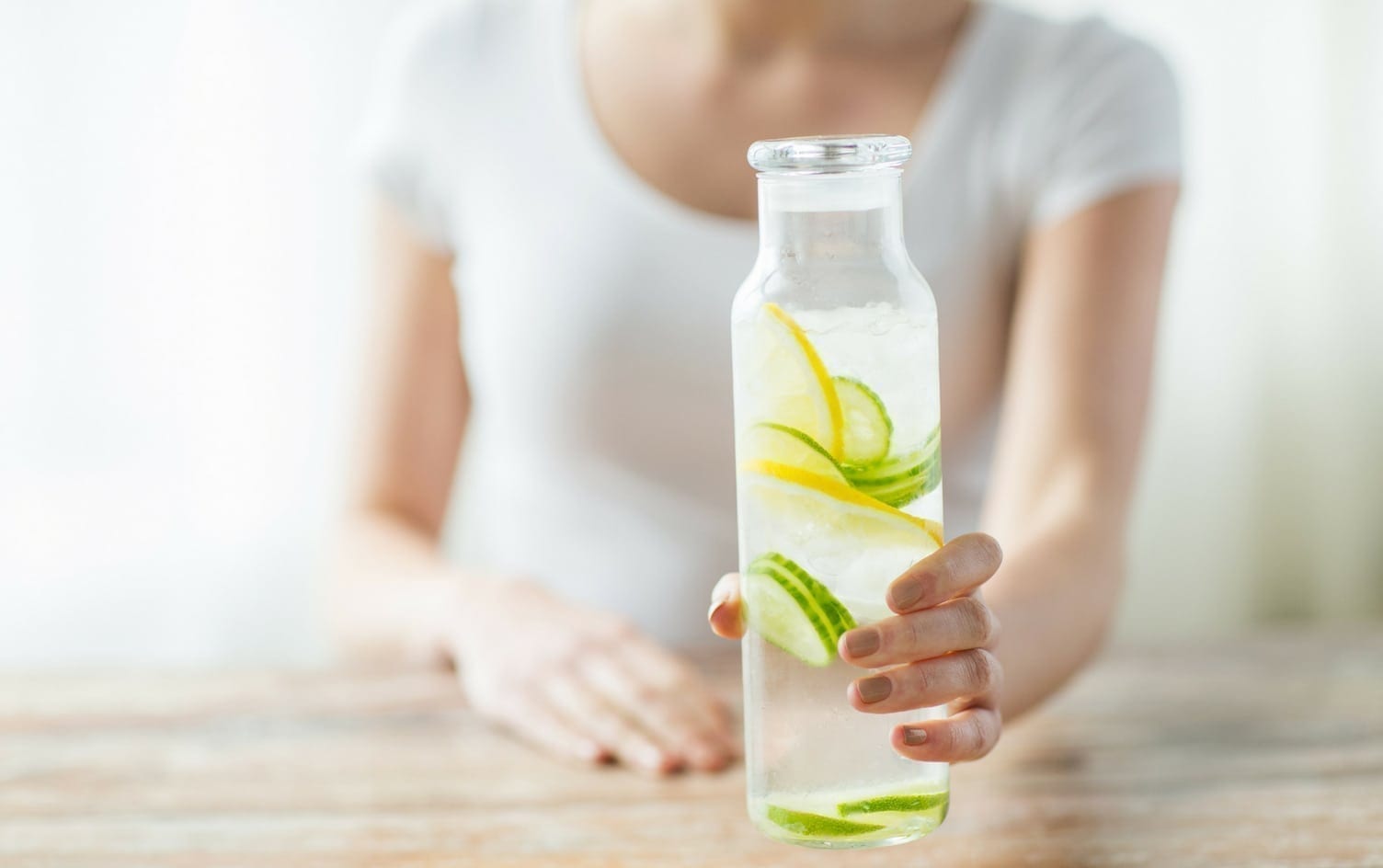Water remains the best hydration source in the world, but sometimes plain water gets old and you want something with flavor.
We’ve reached out to experts to discuss the pros and cons of seven alternatives to water, then ranked them from worst to best, below:
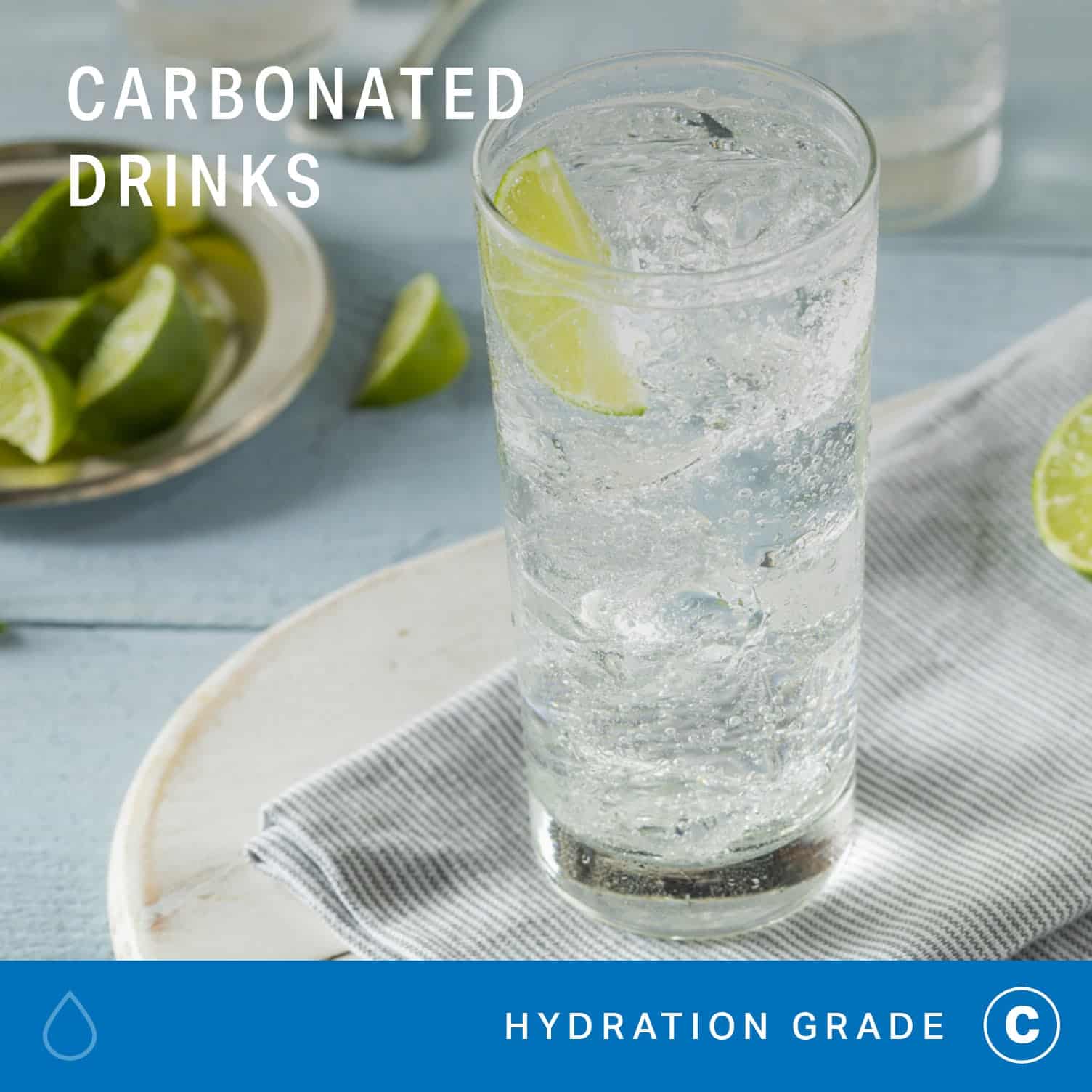
When it comes to soda, it’s not the caffeine that should be a concern since many sodas are caffeine-free anyway. The trouble is the carbonation. Amy Knoblock-Hahn, PhD, RDN, and author of “Anti-Inflammatory Solution,” says carbonated beverages “make an athlete feel full quickly and may interfere with getting adequate hydration.”
In addition, “soda can cause some bloating that will prevent you from drinking enough fluids, especially during exercise,” says Rachel Daniels, MS, RD, senior director of nutrition at Virtual Health Partners.
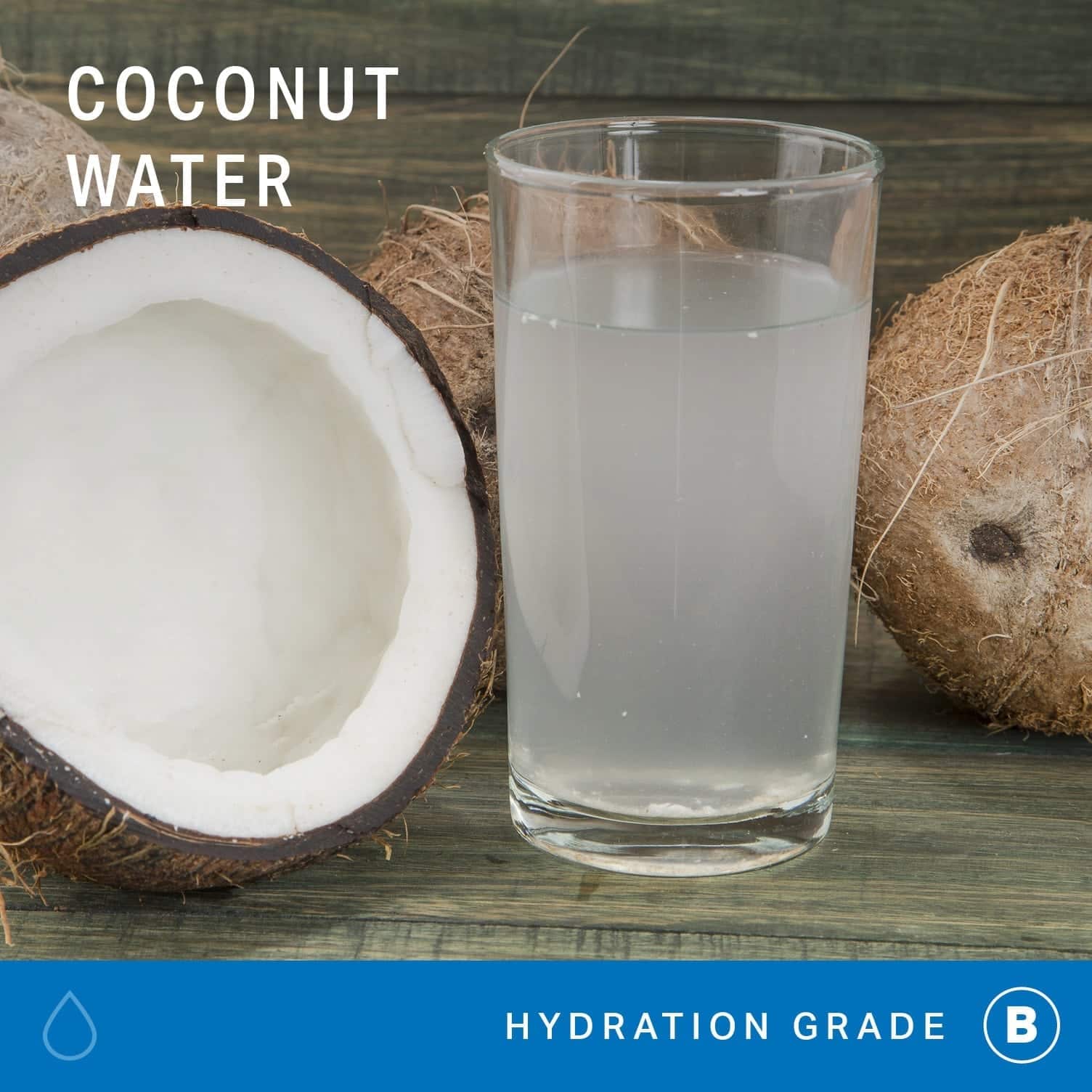
Although coconut water is extremely hydrating, it is “quite high in carbohydrates and often added sugars, so, it’s best to drink in moderation,” says Isabella Grace, a nutritional therapy practitioner.
In a study published in the Journal of the International Society of Sports Nutrition, researchers found participants experienced more gastrointestinal issues drinking coconut water and coconut water concentrate than with an electrolyte sports drink after working out on a treadmill.
It might serve your body well to drink coconut water on off-workout days.
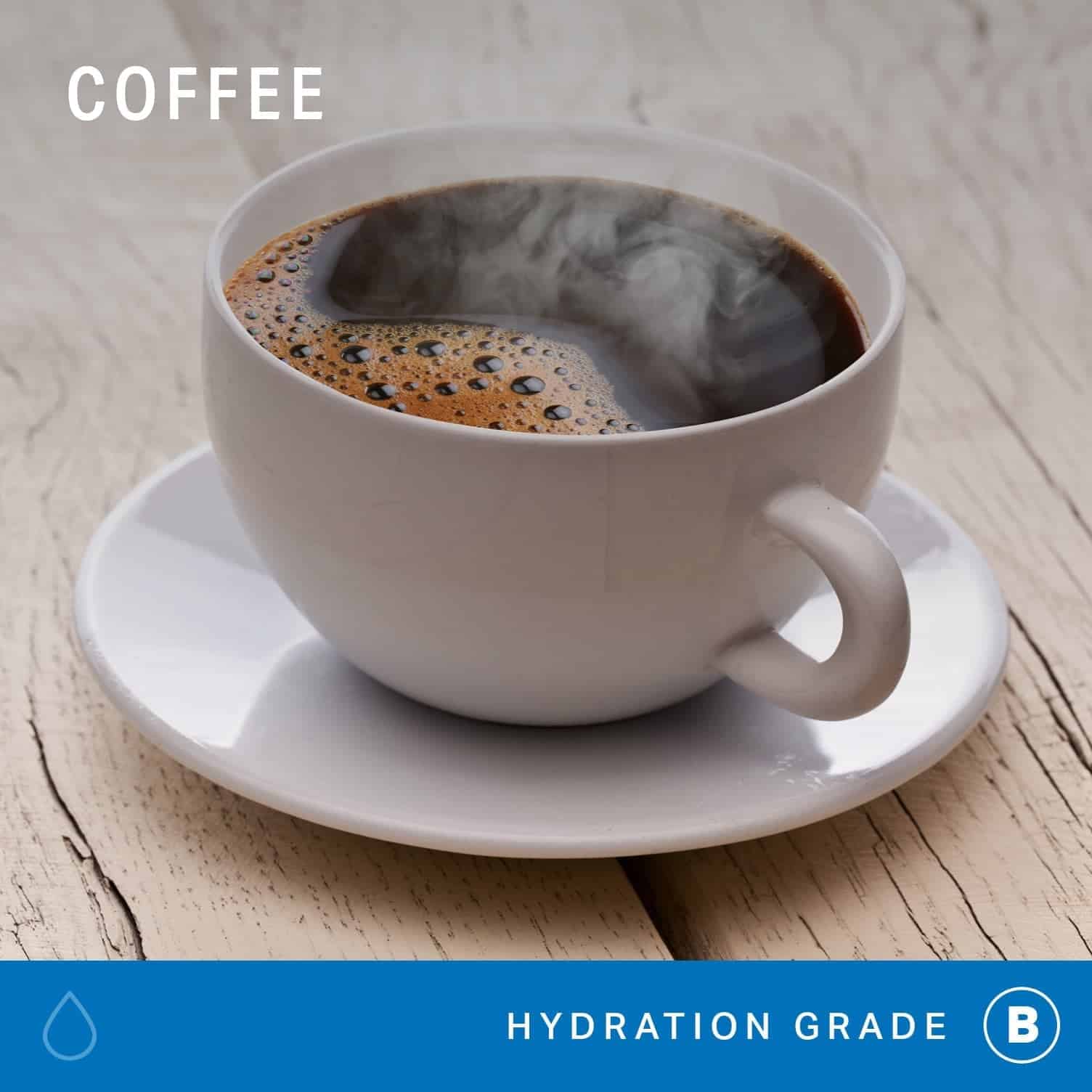
“It is a common misperception that caffeine in soda, tea and coffee will cause a diuretic effect that will either not hydrate or even cause dehydration,” says Marisa Michael, MS, RDN. She says those who are not accustomed to drinking caffeine might find caffeinated beverages act as a diuretic but this is not true for most people.
In a study from the journal PLOS ONE, researchers found coffee, when consumed in moderation by caffeine-accustomed males, provides comparable hydration qualities to water.
In another study, published by the Journal of Human Nutrition and Dietetics, researchers found no clear reason for refraining from caffeinated drinks when fluid balance could be compromised.
But that does not mean to go wild with caffeine. You need to know the limit. “Once you get around 650 milligrams (for example, 32 ounces of Starbucks Pike Place Roast), you start to experience serious fluid loss through changes in kidney function,” says Scott Keatley, RD, CDN. In the kidneys, “we see the inhibition of sodium reabsorption.” He says this can lead to a loss of 3% of available water, clearly affecting your hydration levels.
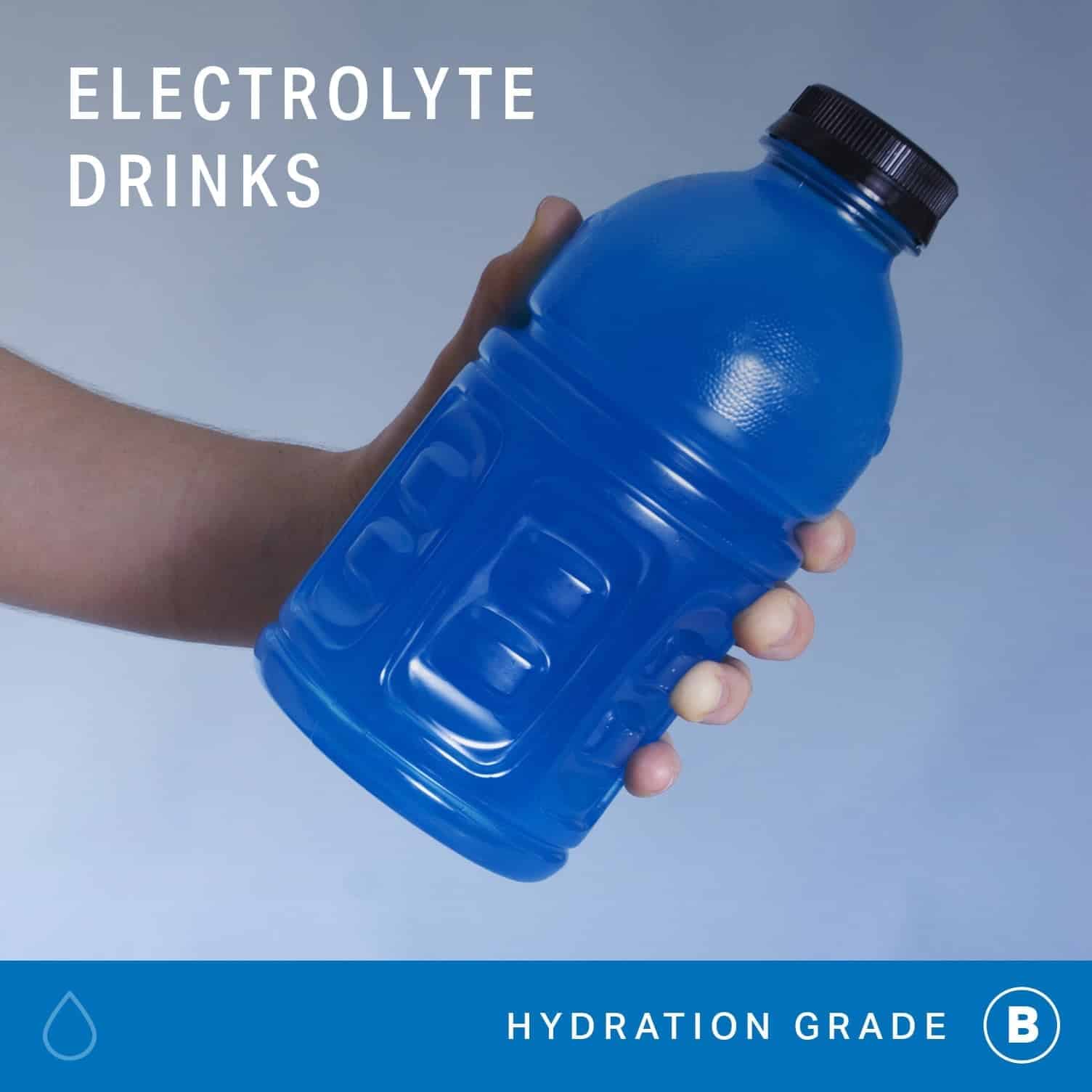
Daniels advises avoiding sugary sports drinks. But the key to avoid is sugar, not the sports drink itself. Luckily, the market offers no-sugar electrolyte products.
Registered dietitian Sylvia North, who works with athletes, says the ideal hydration beverage is actually water with sugar-free electrolytes or salt to counterbalance electrolyte losses with exercise in sweating or urine.
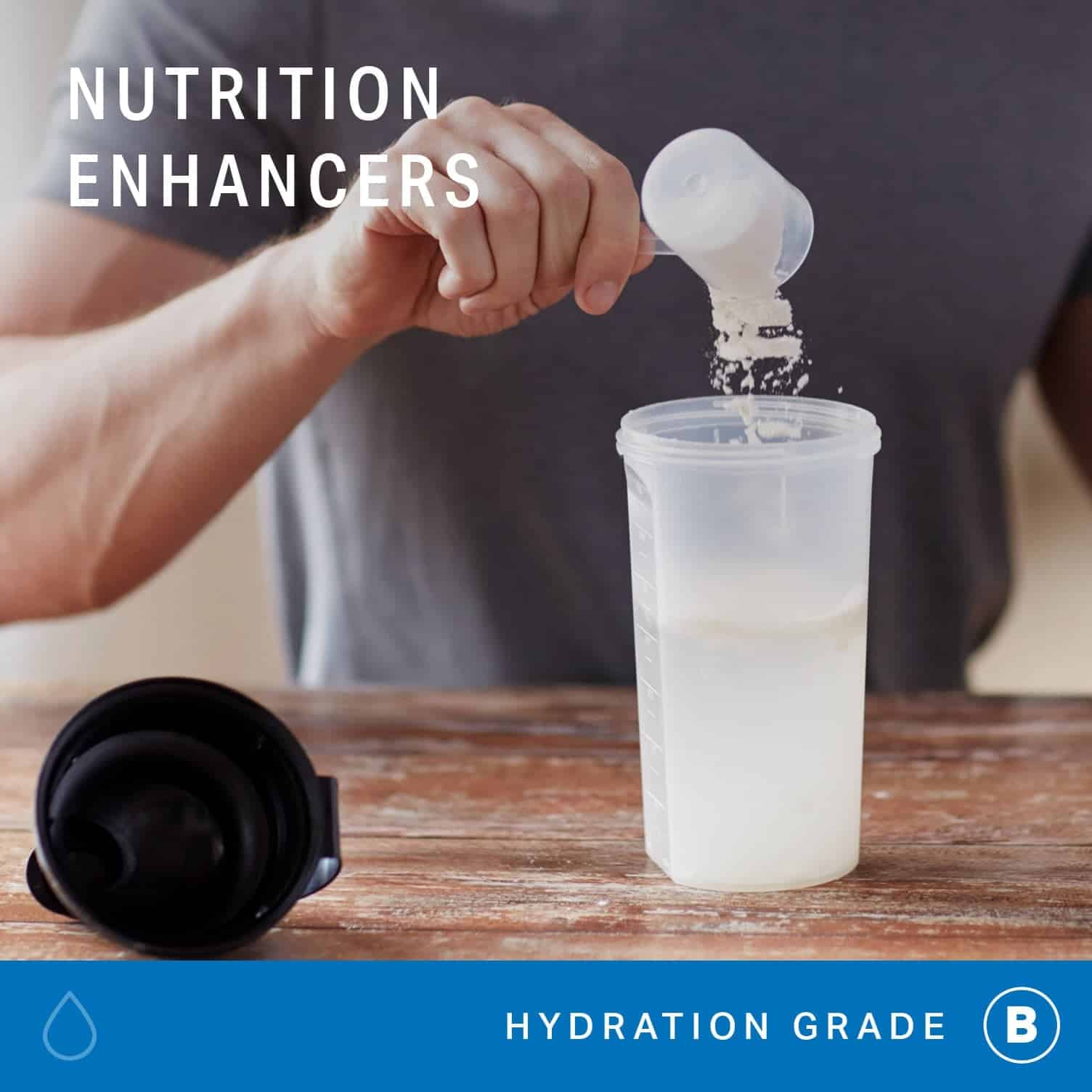
Mia Syn, MS, RDN, feels comfortable recommending Emergen-C Hydration+ to clients as a beverage option, as it contains 75% less sugar than top sports drinks. In addition, it contains vitamin C, electrolytes and “as much potassium as a banana.”
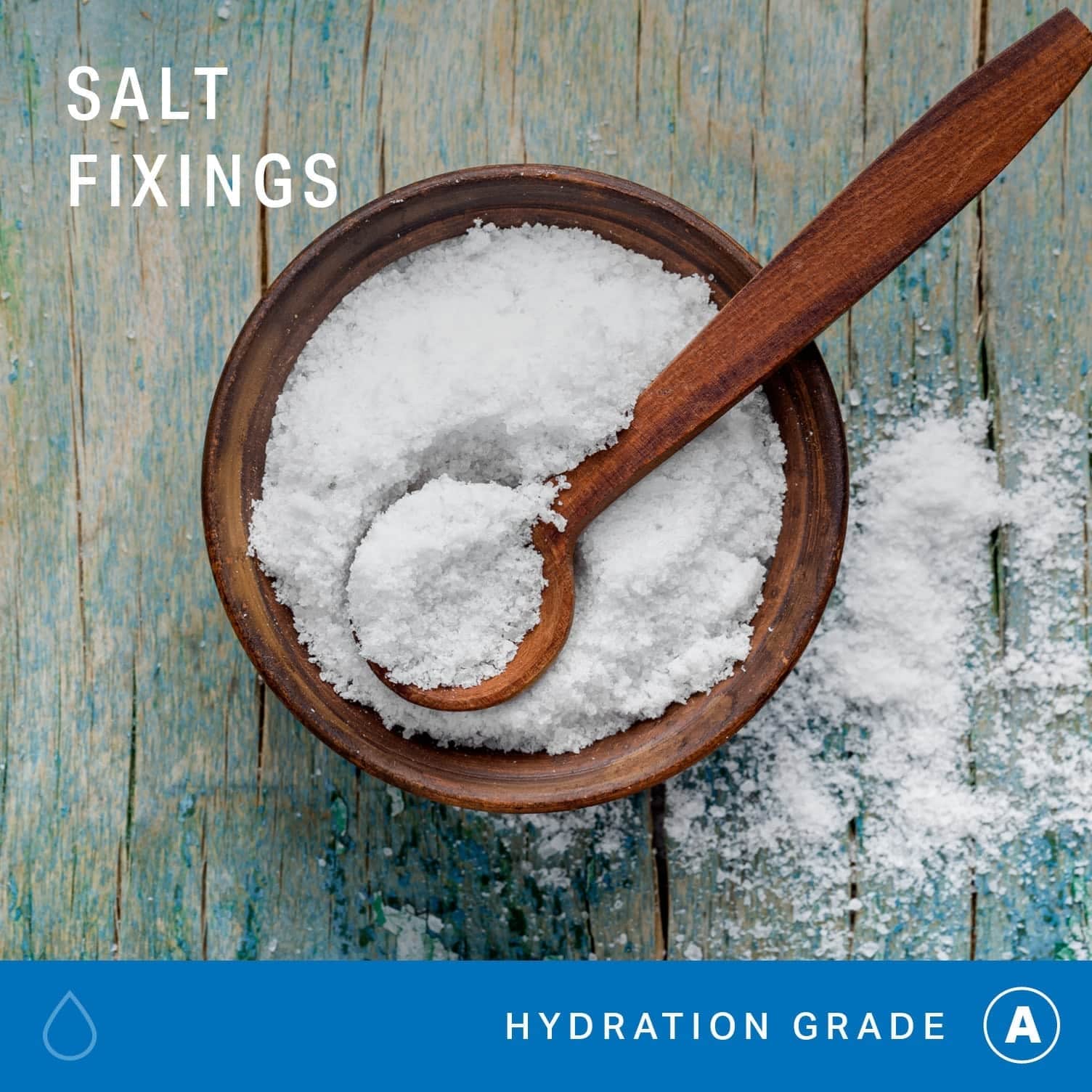
To add flavor to water, you can try adding salt. It boosts cellular function and helps replace lost sodium.
Maggie Berghoff, a nurse practitioner and functional medicine clinician, suggests adding trace mineral drops, a squeeze of lemon and a tiny pinch of Himalayan sea salt. Dr. Carolyn Dean a medical advisory board member of the Nutritional Magnesium Association, recommends adding 1/4 teaspoon of sea salt, Celtic salt or Himalayan salt to every quart of drinking water along with a teaspoon of magnesium citrate powder to create a highly absorbable drink.
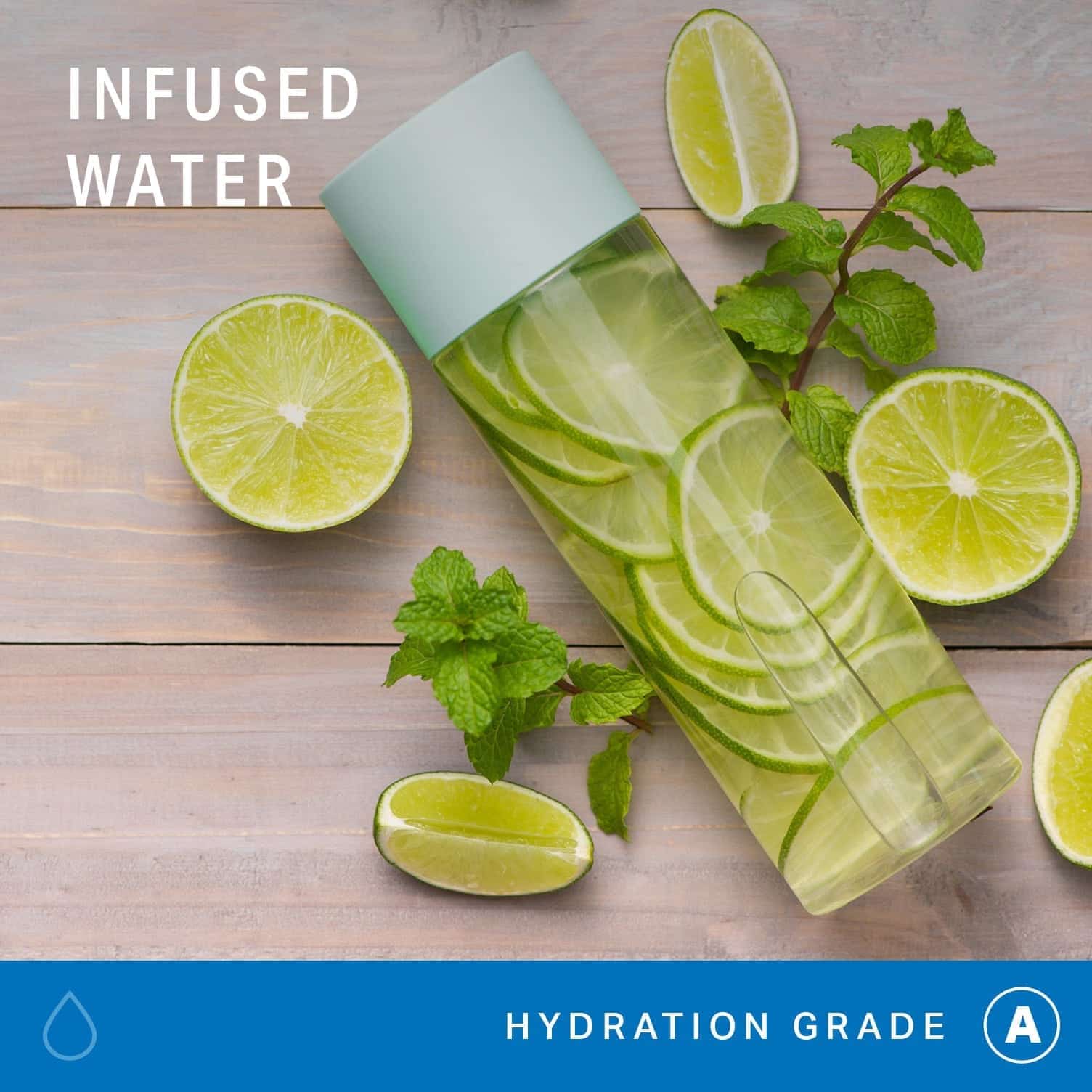
You can purchase infused water at a local grocery store, “just be sure to check for added sweeteners or artificial flavorings,” says Grace.
Better yet, make your own infused water. Daniels recommends mixing water with fresh fruit, vegetables and herbs for a refreshing combination.
Grace says mint and watermelon make for a tasty summer flavor.
